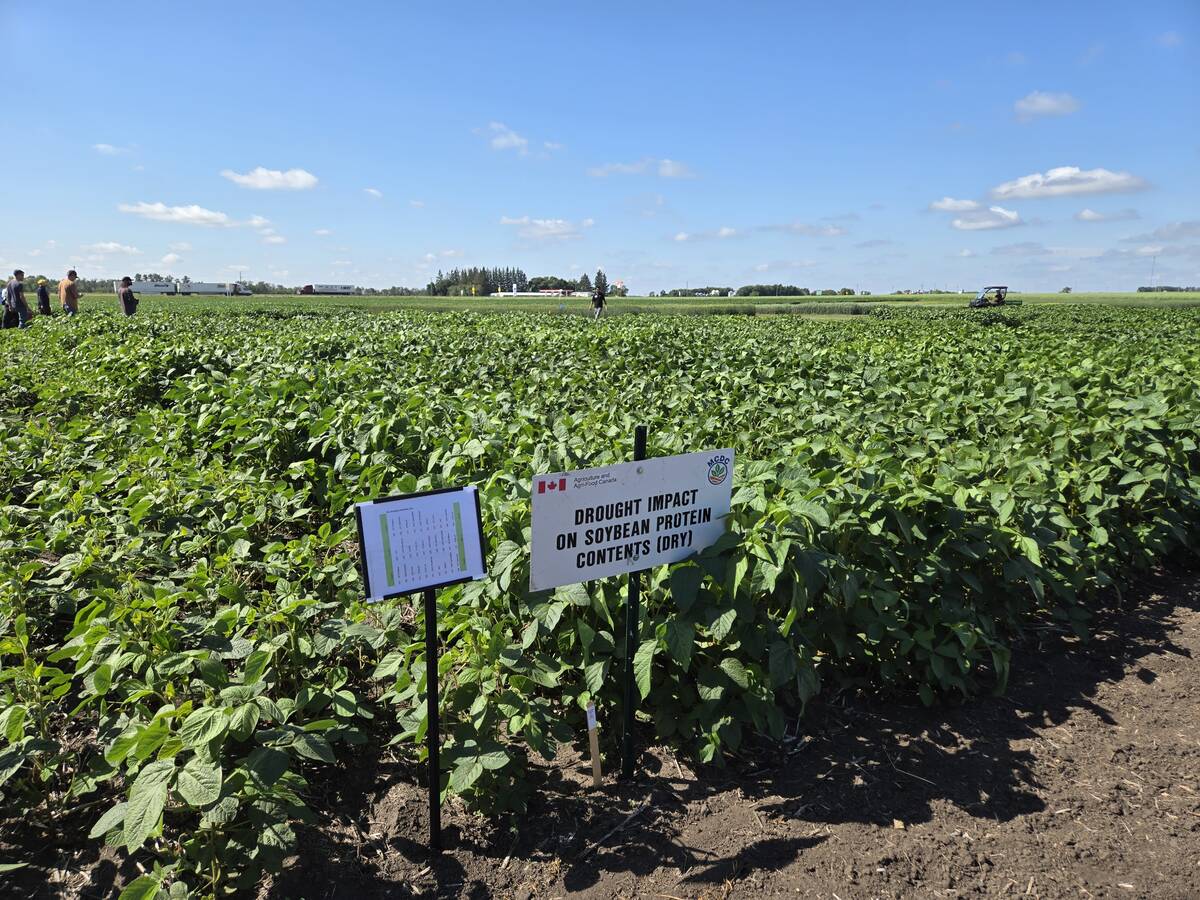House of Commons agriculture committee MPs often remarked on the amount of pessimism they heard while touring the country examining young farmer issues.All that changed when the committee arrived in the centre of New Brunswick dairy country May 11 and found panels of young farmer witnesses brimming with optimism, enthusiasm and plans.”We’re here because we see there is a future and we want to be part of that future,” said Corey MacQuarrie, 24, who runs a 2,000 head feedlot at Cookville with 27-year-old cousin Nathan Phinney and their 73-year-old grandfather.Jonathon Stockall, a member of the Canadian Young Farmers’ Forum board, told MPs that the answer for young farmers is not more government safety nets.”We’re not asking for money,” said Stockall, who farms with his parents at Fredericton and sells directly to consumers through local farmers’ markets. “We are looking for change. Nothing positive comes from being negative.”Witnesses called on governments to support programs that promote green energy production on farms, improve or restore extension services for young farmers and concentrate more on teaching farmers business and management skills.Dairy farmer Becky Perry said governments should help educate Canadians about the food system through mandatory agriculture and food sciences courses in schools.As well, farmers should open their farms to school tours and urban visitors. Perry said students who visit her family’s farm near Sussex while on school tours sometimes say that the 100-milker herd cannot produce chocolate milk because there are no brown cows among them.”I really enjoy answering their questions and teaching them how to milk a cow.”She said young farmers should make themselves the public face of the industry, selling their story to the consuming public. The message should be: “We want to learn, we want to be the best, we want to produce the best. We need to be the generation that steps out and shows society what we can do.”Cedric MacLeod, who operates a small beef farm and is general manager of the New Brunswick Young Farmers Forum, said his organization concentrates on professional development rather than policy. It also encourages its members to focus on their farms’ business models rather than just the agronomic and equipment topics that dominate most farmer conversations.”I’d rather talk about debt to equity ratio, the rate of return last year,” he said. “It is a missing piece in farmer conversations.”He said the group also focuses on human resource issues and succession planning as a way to avoid the scenario in which two university educated sons or daughters return to the farm, willing to take over, “but Dad is still calling the shots.”A number of the witnesses said they use young farmer organizations to share business information and advice on best practices. Many said their parents’ generation is more secretive and less willing to share business information because they see their neighbours as competitors.Dairy farmer Bob Woods has worked to increase the milking herd on his farm near Saint John from 30 cows to 130. He said the most important way government could have helped the process would have been to fund extension workers and business consultants to be available with advice when he needed it.”I wish there had been more neutral people to help analyze my options,” he said. “The people I had to talk to were people I do business with.”They had a vested interest in decisions he made to expand the operation, he added.Still, despite the optimism and determination that so impressed MPs, the New Brunswick farmers also brought to the committee some of the problems that were voiced across the country:* Low profitability in the industry discourages young farmers. * Government business risk management programs are unreliable and slow to respond.* Other industries offer more stable income for less work.Phinney, who returned to his grandparents’ feedlot operation after agricultural school, acquired 50 percent ownership of the farm with MacQuarrie when his grandmother died. He said he watches his grandfather worry about low returns and the future of the cattle industry.”If something isn’t done, will I be 73 years old, laying awake wondering about tomorrow?” he said.MacQuarrie said his decision to farm did not reflect those made by his friends, almost none of whom farm.”People want to make money and they don’t want to work their guts out seven days a week to do it.
Read Also

Carberry field day looks for agriculture solutions
Manitoba farmers explored research solutions for resilient crops, perpetual agronomic issues and new kinds of agricultural products at a field day at the Manitoba Crop Diversification Centre in Carberry on Aug. 6.














